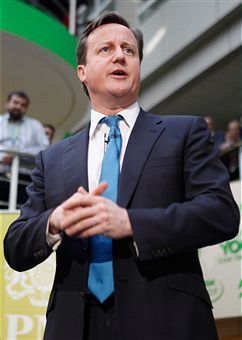Just because there’s no PMQs today, it doesn’t mean you won’t hear from David Cameron. The Prime Minister is readying his anti-booze cruise once again, and taking it on tour to a hospital in the North East. Once there, he will rail against ‘alcohol abuse’ and its consequences, which include, he will say, a £2.7 billion a year bill for the NHS. And he will preview some of the solutions that may make it into the government’s ‘alcohol strategy’ next month: ‘drunk tank’ cells where binge drinkers can be dumped overnight; ‘booze buses’ to deliver people to these cells; police heavies in A&E wards; and, possibly, minimum pricing for alcohol.
Confusion abounds on the last of these. Last week, it was suggested that a minimum price of 50p per unit could save around 10,000 lives a year. But Tim Worstall spotted a problem with that figure: it’s greater than the number of people who die ‘alcohol related’ deaths in one year. And so the number being peddled today is 2,000 lives a year.
And there are other questions around minimum pricing, too. How does it fit in with an approach to alcohol taxation that sees strong beer taxed at much higher rates than strong cider? And will EU laws allow it?
But this uncertainty is as nothing compared to the political controversy that would be provoked were the government to introduce minimum pricing. Andrew Lansley has already spoken out against it, and for one major reason: it would hit the least well-off harder. An IFS report last year found that a minimum price of 45p would, as a proportion of income, cost more for poorer drinkers — and much of the money would go towards supermarkets’ and drinks manufacturers’ profit margins. Few MPs will be eager to back that sort of policy at a time of squeezed living, even if it does guard against the excesses of a minority.






Comments